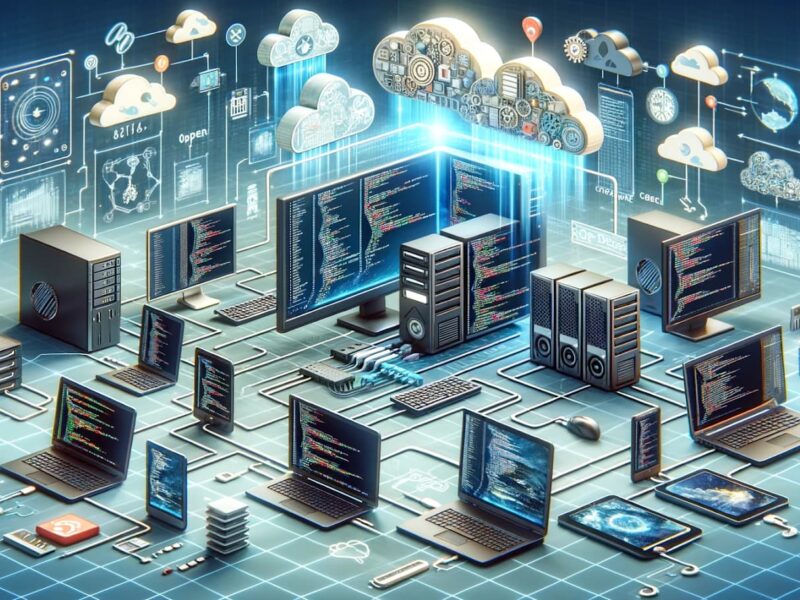Good day, dear user. On this page we will talk about topics such as: Purpose and basic functions of operating systems. The composition of the operating system.
An operating system (OS) is a set of interconnected system programs for organizing user interaction with a computer and executing all other programs. OS refers to the composition of the system software and is the main part of it. Operating systems: MS DOS 7.0, Windows Vista Business, Windows 2008 Server, OS / 2, UNIX, Linux.
The main functions of the OS:
- control of computer devices (resources), i.e. coordinated operation of all PC hardware: standardized access to peripheral devices, RAM management, etc.
- process control, i.e. execution of programs and their interaction with computer devices.
- control of access to data on non-volatile media (such as hard disk, CD, etc.), usually using the file system.
- maintaining the file structure.
- user interface i.e. dialogue with the user.
Additional functions:
- parallel or pseudo-parallel execution of tasks (multitasking).
- interaction between processes: data exchange, mutual synchronization.
- protection of the system itself, as well as user data and programs from malicious actions of users or applications.
- differentiation of access rights and multi-user mode of operation (authentication, authorization).
Operating system composition
In general, the OS includes the following modules:
- A software module that manages the file system.
- The command processor that executes user commands.
- Device drivers.
- Software modules that provide a graphical user interface.
- Service programs.
- Reference system.
A device driver is a special program that provides control over the operation of devices and coordination of information exchange with other devices.
The command processor is a special program that prompts the user for commands and executes them (program interpreter).
The command interpreter is responsible for loading applications and managing information flow between applications.
To simplify the user’s work, modern operating systems include software modules that provide a graphical user interface.
The process of a computer in a sense is reduced to the exchange of files between devices. The OS has a software module that manages the file system.
Service programs allow you to maintain disks (check, compress, defragment, etc.), perform operations with files (copy, rename, etc.), work in computer networks.
For the convenience of the user, the OS includes a help system that allows you to quickly obtain the necessary information about the operation of both the OS as a whole and the operation of its individual modules.


